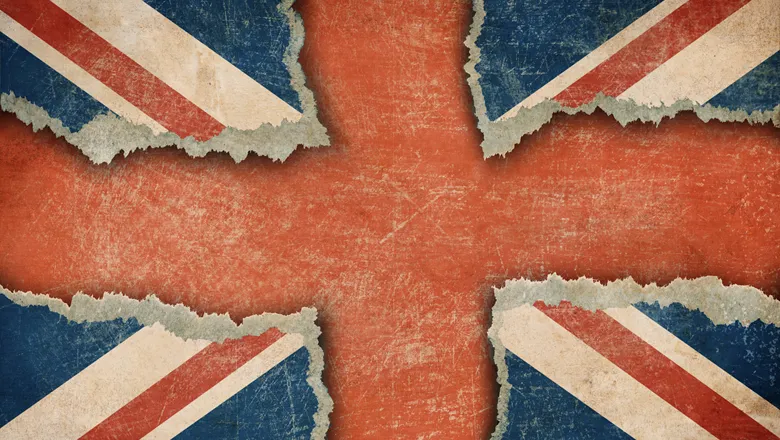This review shows that the UK is not composed of two homogeneous blocs of diametrically opposed opinions and identities – but that doesn’t mean we can’t still end up with implacable conflict or political gridlock. Our long-standing party-political structures are struggling to capture the diverse views among party supporters. How the differences between these varied positions can be resolved, particularly in the context of our changing relationship with Europe, is the political challenge of our time.
Professor Bobby Duffy, Director of the Policy Institute at King’s College London
12 September 2019
Feelings, not facts, are dividing Britain
Britain may not be as divided as is widely thought

Britain may not be as divided as is widely thought, a new review of academic evidence and polling data finds.
While clear divisions have surfaced in parliament in recent weeks, the report says it is less clear that similar divisions are replicated across the many issues facing the country.
The review, carried out by the Policy Institute at King’s College London for Engage Britain, finds that many aspects of attitudes and identity in the UK are converging rather than polarising, such as views on gender equality, same-sex relationships and racial prejudice. It also cites research across 2018 and 2019 that shows a significant consensus on key public policy challenges, such as the way to protect the environment, fund health and social care and lift families out of poverty.
The report does, however, find strong evidence of “affective polarisation” centred around Brexit identities, whereby both sides of the debate dislike each other intensely, even though they don’t necessarily disagree with their positions on issues that are important to them.
The report highlights that although immigration was one of the key drivers of division in the EU referendum, it has since declined significantly in importance among the general public, with perceptions of its impact becoming more positive and the gap in opinion between both Leave and Remain supporters narrowing in the last few years.
Alongside this consensus, levels of trust in British society have also risen. In the most recent research, more than half the country (54%) believe people can be trusted, up from 45% in 2014.
The report therefore recommends more precision in the debate on polarisation and cautions against mischaracterising current trends and overlooking future ones.
Other findings include:
- The number of people who strongly identify with a political party has declined significantly, and is now far exceeded by the number who strongly identify with their side of the Brexit vote.
- The disconnect between political identities among the UK electorate and the party system makes the current situation extremely fluid and unpredictable, with the two main parties in particular becoming increasingly uneasy coalitions of supporters with a very diverse range of attitudes and identities.
- Voters to some extent take cues from party platforms and leaders, so polarisation among political leaders and activists can spread to the electorate. Whether leaders reinforce or attack key institutions will have a significant impact on polarisation and fragmentation in public opinion.
Read the full report, Divided Britain? Polarisation and fragmentation trends in the UK
